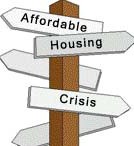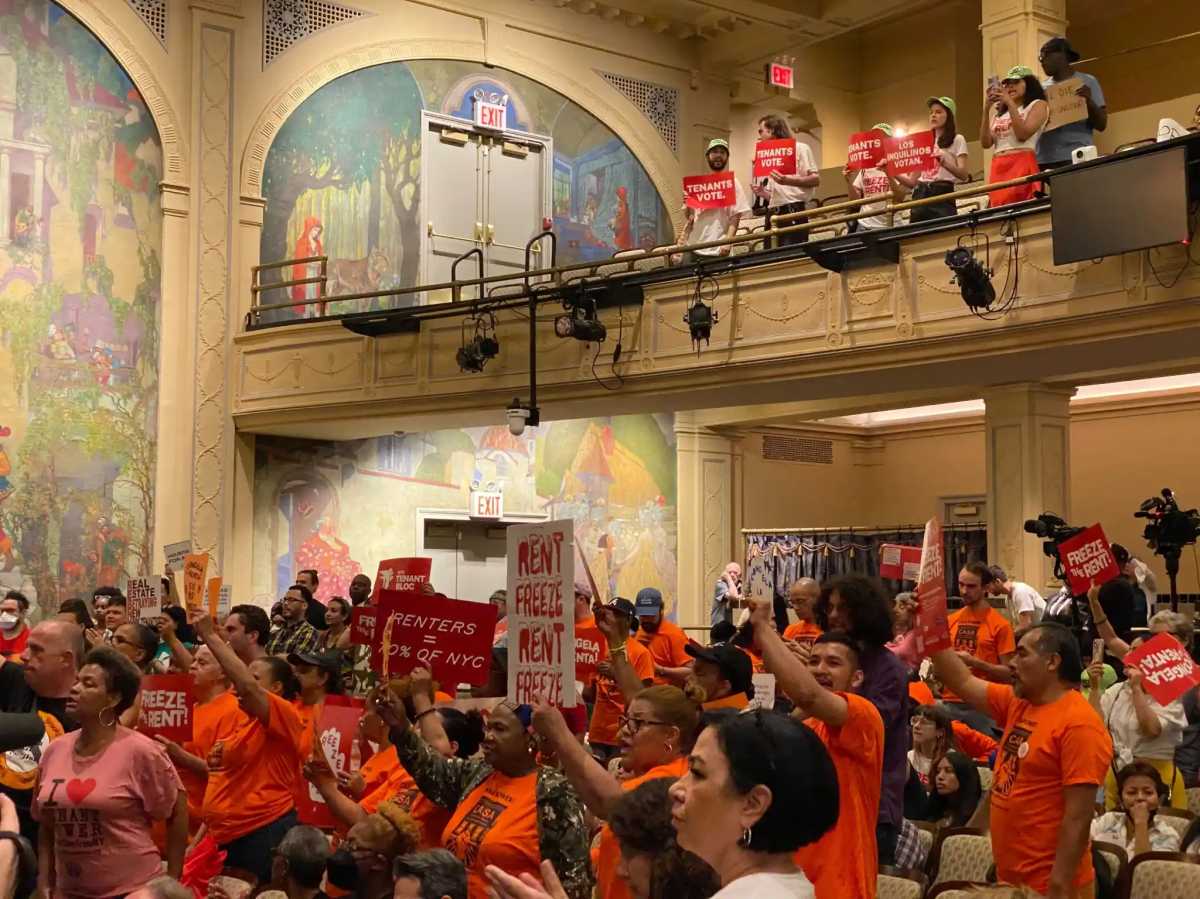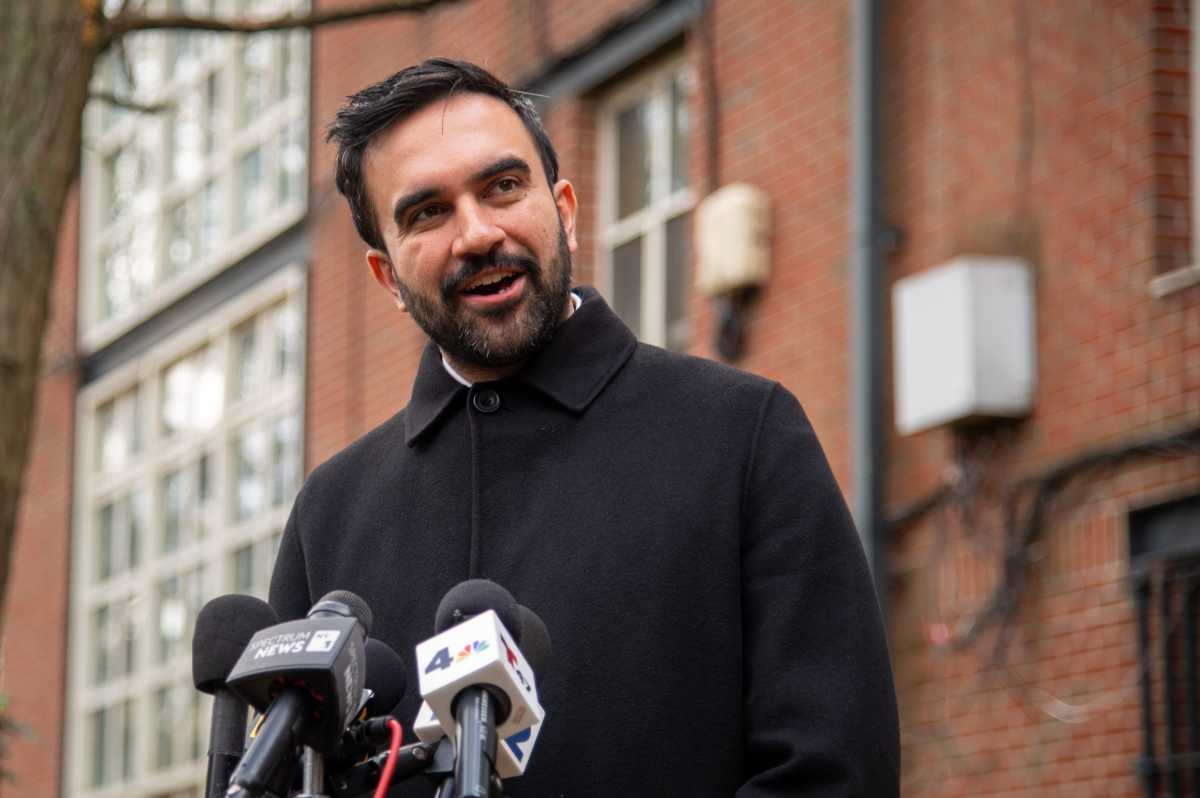Mayor Bill de Blasio‘s progressive agenda moved forward today with a proposed 1 percent “Mansion tax’ on the most expensive residential property and an overhaul of the 421a tax abatement plan for developers.
The 421a tax benefit was instituted decades ago to spur residential development at a time when very little new building was occurring in the five boroughs. It has since added an affordable housing requirement, but one that produces only a modest amount of affordable housing for the more than $1 billion in foregone tax revenue it draws every year.

Under de Blasio’s plan, 421a would increase the number of affordable housing units for developers to be eligible from its’ current 20 percent to between 25-30 percent, and would lower the current income eligibility requirements from $46,600 to $31,000 per year.
The “Mansion Tax” would put a 1.0 percent flat tax on residential property sales over $1.75 million, and a 1.5 percent marginal tax for incremental price over $5 million
The tax is projected to raise an average of $180 to $200 million per year that will be devoted to building or preserving affordable housing under the Housing New York plan that de Blasio a year ago.
“No more tax breaks without building affordable housing in return. Period. This can’t be a city of just penthouses and luxury condos. We are turning the page, and making sure the same pressures that have pushed New Yorkers out of their neighborhoods are harnessed to build the next generation of affordable housing. By putting tough new requirements in place for 421a and raising new revenue from luxury real estate transactions to build affordable apartments, we can ensure that this remains a city for everyone,” said de Blasio.

The initiatives immediately drew support of Park Slope City Councilman Brad Lander, who is co-chair of the council’s progressive caucus, but more importantly from Brooklyn assembly members Rodneyse Bichotte and Walter Mosley, who need to lead the charge for both measures to be passed in Albany.
“421A as it is, does not work. Developers have continuously received tax incentives without giving back to the communities which they are benefiting from,” said Bichotte. “I support the integrity of Mayor de Blasio’s efforts and proposal in overhauling 421 Tax abatement program so that no GEA is exempt from building affordable housing in New York City and that the number of affordable units is increased at a minimal of 30 percent with a realistic Area Median Income to that neighborhood.”
 “The affordable housing measures supported by Mayor de Blasio will only strengthen rent laws and preserve the stock of the affordable apartments in New York City, yet we must not only seek to preserve affordable housing units, but create them as well. The property tax abatement program known as 421a cannot be extended as is – serious reforms must be made to the calculations of affordable units created if developers wish to seek government subsidies,” said Mosley.
“The affordable housing measures supported by Mayor de Blasio will only strengthen rent laws and preserve the stock of the affordable apartments in New York City, yet we must not only seek to preserve affordable housing units, but create them as well. The property tax abatement program known as 421a cannot be extended as is – serious reforms must be made to the calculations of affordable units created if developers wish to seek government subsidies,” said Mosley.










